Russian President Vladimir Putin celebrated the Russian seizure of Lysychansk and the Luhansk Oblast border and appeared to direct the Russian military to conduct an operational pause.
Putin met with Russian Defense Minister Sergey Shoigu on July 4 to discuss recent Russian gains in Luhansk Oblast and presented Colonel General Alexander Lapin and Major General Esedulla Abachev with the “Hero of Russia” award for their leadership during the Lysychansk operation. Putin and Shoigu presented the capture of Lysychansk and Luhansk Oblast as a major victory for Russian forces in Ukraine. Putin also stated that the Russian units that participated in the battle for Lysychansk should rest to increase their combat capabilities. Putin‘s public comment was likely meant to signal his concern for the welfare of his troops in the face of periodic complaints in Russia about the treatment of Russian soldiers. His comment was also likely accurate—Russian troops that fought through Severodonetsk and Lysychansk very likely do need a significant period in which to rest and refit before resuming large-scale offensive operations. It is not clear, however, that the Russian military will accept the risks of a long enough operational pause to allow these likely exhausted forces to regain their strength.
Former Russian military commander Igor Girkin, an ardent Russian nationalist who commanded militants during the 2014 war in Donbas, posted a scathing critique of the Kremlin’s handling of the war on his Telegram channel and questioned the significance of the seizure of Lysychansk. He suggested that Russian forces had paid too high a price for a limited gain.
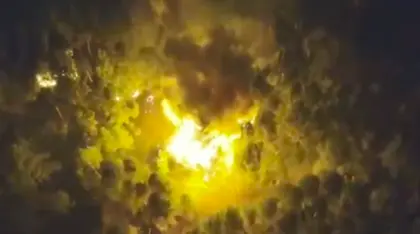
Ukrainian Special Ops Report Strike on Russian Ammunition Depot, Eliminating Three Soldiers
In a series of Telegram posts published prior to Putin’s meeting with Shoigu on July 4, Girkin complained that Russian forces have failed to meet the announced goals of the “second stage of the special operation” (the operations in eastern Ukraine following Russia’s retreat from Kyiv) to his nearly 400,000 subscribers. Girkin noted that the Ukrainian defense of Lysychansk was deliberately designed to inflict maximum damage on Russian troops and burn through Russian manpower and equipment. He strongly suggested that accepting battle on the Ukrainians‘ terms was a significant misstep by the Russian leadership. Girkin stated (before Putin’s remarks were made public) that Russian troops need time to rest and replenish in order to recover their offensive potential and noted that the lack of individual soldier replacements and unit rotations is severely degrading morale. He warned, however, that taking time to reconstitute offensive capability would allow Ukrainian troops to seize the initiative and further threaten Russian gains. Girkin additionally claimed that Russian forces have limited prospects of advancing elsewhere in Ukraine due to Ukrainian personnel and equipment superiority.
Girkin’s critique is a noteworthy example of the way Russian milbloggers and military enthusiasts have become disillusioned with the Kremlin’s handling and execution of operations in Ukraine, particularly after the dramatic failed river crossing attempt at Bilohorivka in early May. Girkin’s statements directly undermine the Kremlin’s efforts to frame Lysychansk as a significant victory or turning point and show that the disillusionment amongst ultra-nationalist elements in the Russian information space continues to run deep. Girkin’s assessment of Russian military failures notably aligns with much of ISW’s (and other Western agencies’ and experts’) analysis, suggesting that he and some other milbloggers continue to make and publish assessments of the situation and forecasts independent of the Kremlin line. Girkin likely hopes to use his status as a prominent former participant in the war in Donbas in 2014 to persuade Putin to take certain measures to secure Russian success in a war that Girkin still thinks is justified and necessary—specifically mobilizing the Russian population for war on a much larger scale. Girkin, along with other members of the Russian nationalist milblogger space, will likely continue to offer critiques of the Kremlin’s line on operations in Ukraine to advocate for general mobilization and more competent Russian military leadership.
Ukrainian forces are increasingly targeting Russian military infrastructure with indirect fire and US-provided HIMARS systems deep in occupied territory.
Ukrainian forces reportedly struck Russian ammunition depots in Dibrivne, Kharkiv Oblast, (close to the frontline) on July 4 and Snizhne, Donetsk Oblast, (approximately 75 km from the frontlines) overnight on July 3-4 following a strike on one of four Russian ammunition depots in Melitopol on July 3. The Ukrainian General Staff also published a video on July 4 of a Ukrainian HIMARS (high mobility artillery rocket system) operating in an unspecified area of Zaporizhia Oblast. The increased ability of Ukrainian forces to target critical Russian military facilities with Western-provided HIMARS demonstrates how Western military aid provides Ukraine with new and necessary military capabilities.
Key Takeaways
- Russian leadership may be setting conditions for an operational pause following the seizure of Lysychansk and the Luhansk Oblast boundary.
- Russian forces are consolidating territorial and administrative control over Severodonetsk and Lysychansk.
- Russian forces continued offensive operations to the east of Bakhmut to prepare for advances on Bakhmut and Siversk.
- Russian forces continued limited and unsuccessful assaults north of Kharkiv City.
- Ukrainian partisan activity is targeting Russian railway lines around Melitopol and Tokmak.
- Russian leadership may be setting conditions for the conscription of Ukrainian citizens living in occupied territories.
Authors: Kateryna Stepanenko, George Barros, Grace Mappes, and Frederick W. Kagan.
Read the full report here.
You can also highlight the text and press Ctrl + Enter


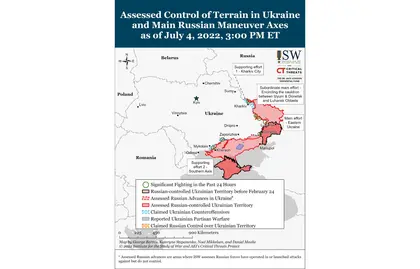
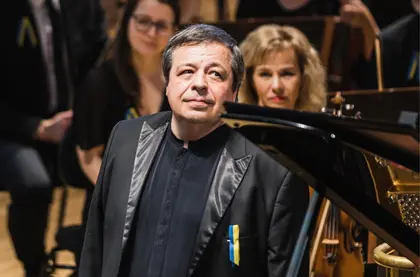
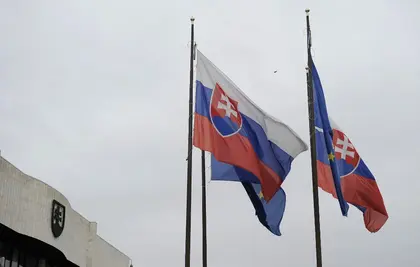
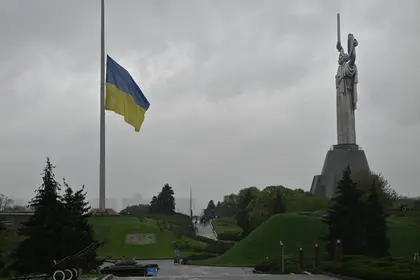
Comments (0)